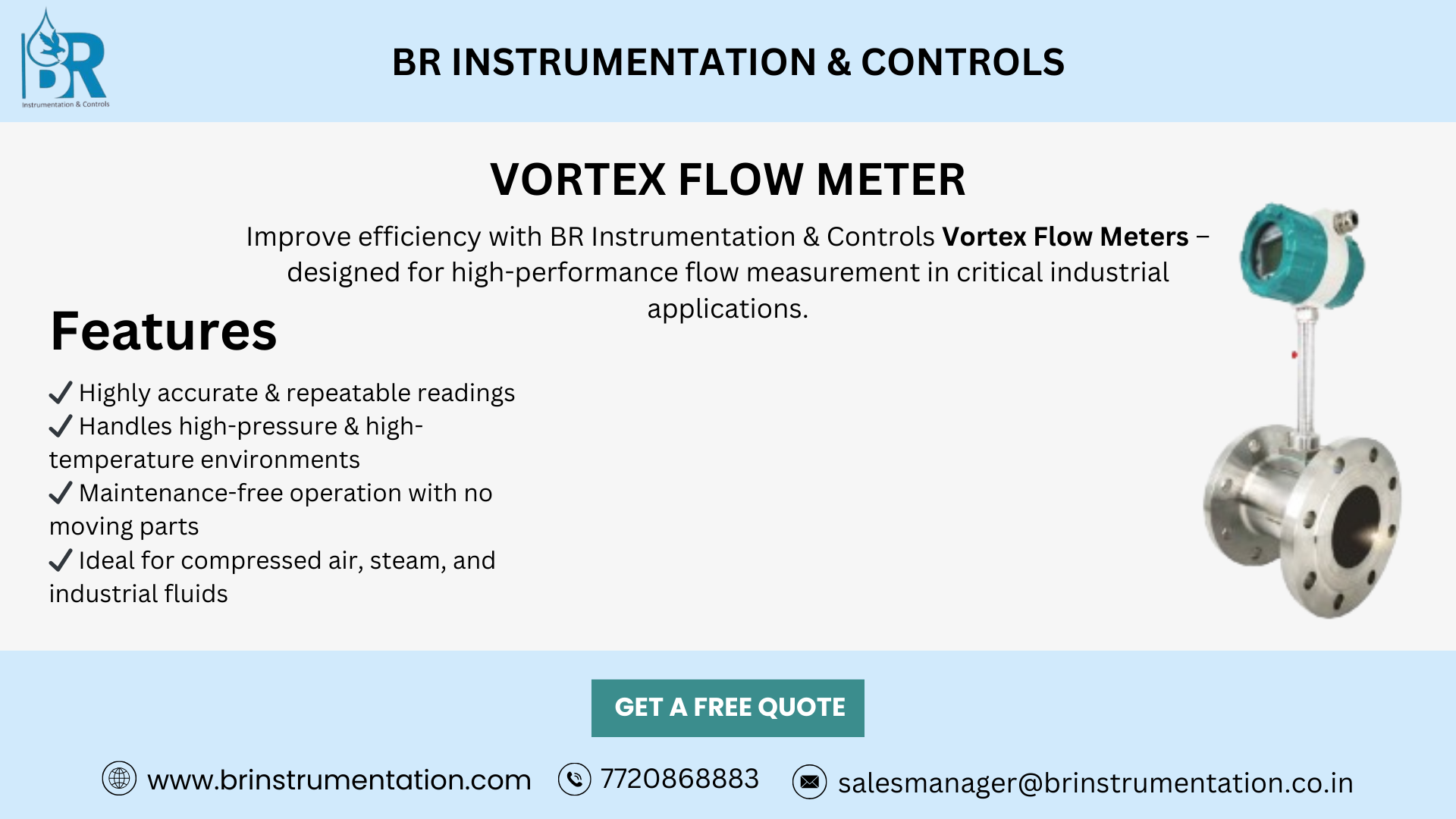The Future of Flow Meter Technology: Trends to Watch in 2025

In the constantly changing landscape of industrial automation and water management, flow meters are essential for ensuring precise measurements and operational efficiency. As technology progresses, flow meters are becoming smarter, more efficient, and increasingly integrated with digital systems. Below are some key trends that are shaping the future of flow meter technology in 2025 and beyond.
- Integration of IoT and Smart Sensors
- Artificial Intelligence and Predictive Analytics
- Wireless and Cloud-Based Connectivity
- Increased Adoption of Ultrasonic Flow Meters
- Energy-Efficient and Sustainable Solutions
- Self-Calibrating and Maintenance-Free Designs
The Internet of Things (IoT) has revolutionized industrial instrumentation, including flow meters. Smart flow meters, equipped with IoT-enabled sensors, enable real-time monitoring, remote diagnostics, and predictive maintenance. This technology minimizes downtime and enhances operational efficiency, making these flow meters ideal for industries such as water treatment, oil and gas, and pharmaceuticals.
With AI-driven analytics, flow meters can now detect anomalies in flow patterns and predict potential failures before they occur. Machine learning algorithms analyze historical data, helping industries optimize resource usage and prevent costly disruptions. This trend is expected to reduce operational costs and enhance overall efficiency.
The days of needing extensive wiring for flow meter data collection are over. With the advent of wireless communication technologies like LoRaWAN and NB-IoT, data can now be transmitted effortlessly to cloud platforms. This advancement allows industries to access real-time flow data from any location, improving decision-making and enhancing operational transparency.
Ultrasonic flow meters are gaining popularity due to their non-intrusive nature and ability to measure a wide range of liquids. With advancements in signal processing and sensor accuracy, these flow meters are becoming more reliable, making them a preferred choice for industries requiring high precision and minimal maintenance.
As global sustainability initiatives increase, industries are seeking flow meters that use less energy while maintaining high performance. Manufacturers are concentrating on creating low- power consumption flow meters that align with environmental objectives and help reduce carbon footprints.
The latest advancements in flow meter technology include self-calibrating sensors that reduce the need for manual intervention. These intelligent devices automatically adjust for environmental changes, ensuring continuous accuracy without frequent recalibration.
Conclusion
The future of flow meter technology looks promising, thanks to advancements in IoT, artificial intelligence, and sustainable practices. As industries increasingly adopt smart instrumentation, businesses that invest in modern flow measurement solutions will benefit from greater efficiency, cost savings, and enhanced compliance. At BR Instrumentation & Controls, we are dedicated to staying at the forefront of these trends and providing innovative flow measurement solutions. Stay tuned for more insights on how technology is transforming the future of industrial automation.
